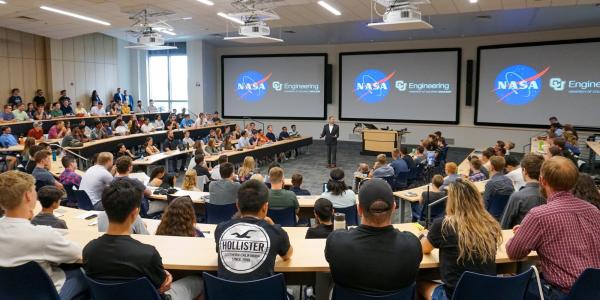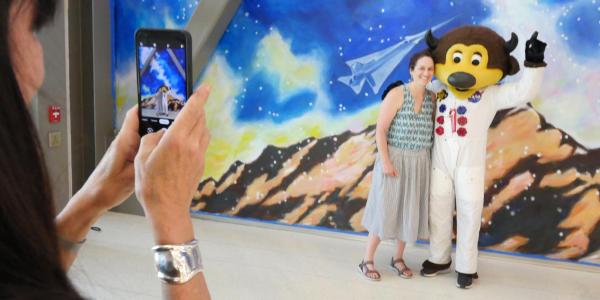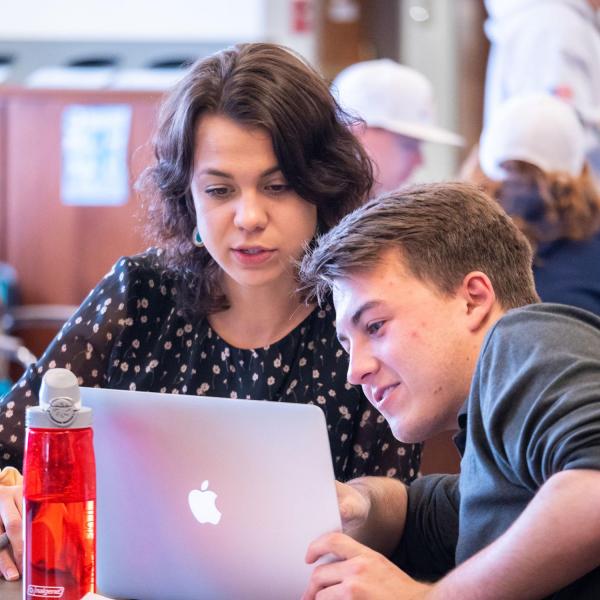Ranked among the top five public aerospace graduate programs in the U.S., CU Boulder’s Ann and H.J. Smead Department of Aerospace Engineering Sciences is internationally recognized for its research and education leadership in aerospace engineering, and earth and space sciences.
With 56 faculty members and more than 500 graduate students, the master’s and doctoral degree programs will prepare you to meet the engineering needs of the 21st century through the understanding, conception, design and application of aerial and spacecraft systems.








